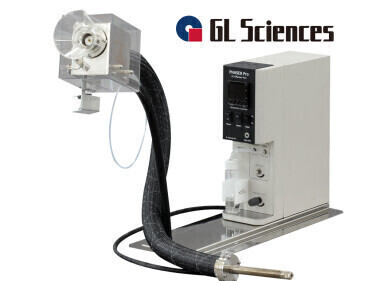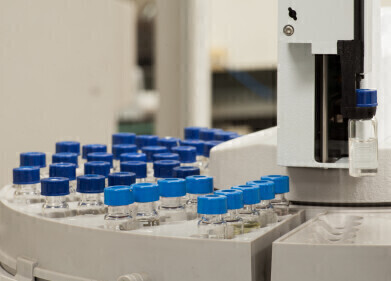GC, MDGC
GC-MS used to investigate cuticular hydrocarbons
Jun 24 2011
In the research, which was published in the BMC Evolutionary Biology journal, the team aimed to characterise the variation and chemical composition of epicuticular hydrocarbons (CHCs) in the seven species of the Drosophila buzzatii cluster by using GC-MS.
The motivation behind the study was that, despite the crucial role of CHCs in major communication, including courtship, mating and aggression, little is known about how CHC profiles evolve.
Using quantitative analysis of the results, the scientists determined that while CHC were similar in a species, most CHC profiles were species-, population- and gender-specific.
By mapping CHC profiles onto an independently derived phylogeny, the scientists revealed that a significant portion of CHC variation was explained by species' regular affinities demonstrating phylogenetic conservatism in the evolution of these hydrocarbon arrays.
Events
Mar 01 2025 Boston, MA, USA
Mar 04 2025 Berlin, Germany
Mar 18 2025 Beijing, China
Mar 25 2025 Paris, France
Mar 31 2025 Beijing, China







.jpg)







